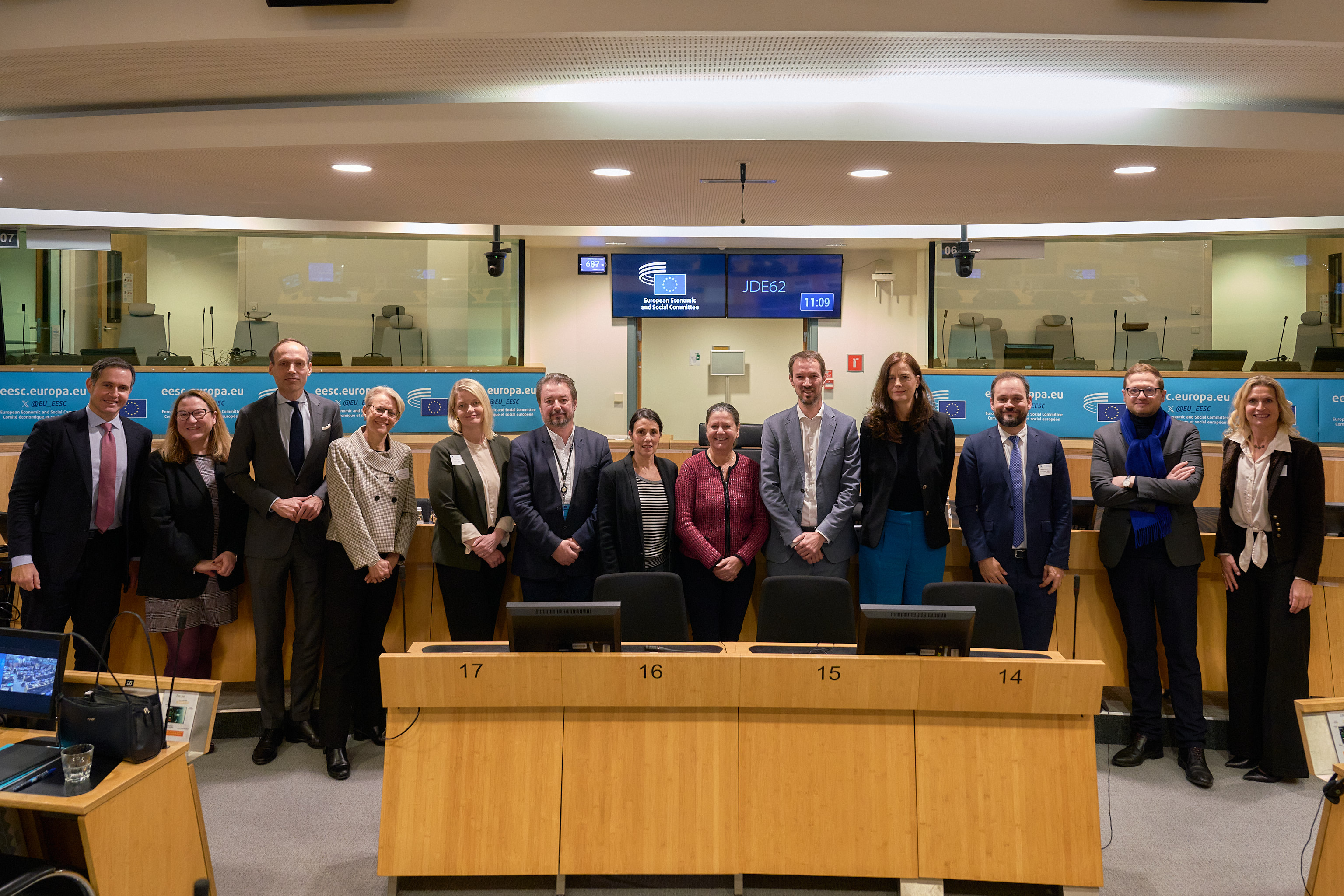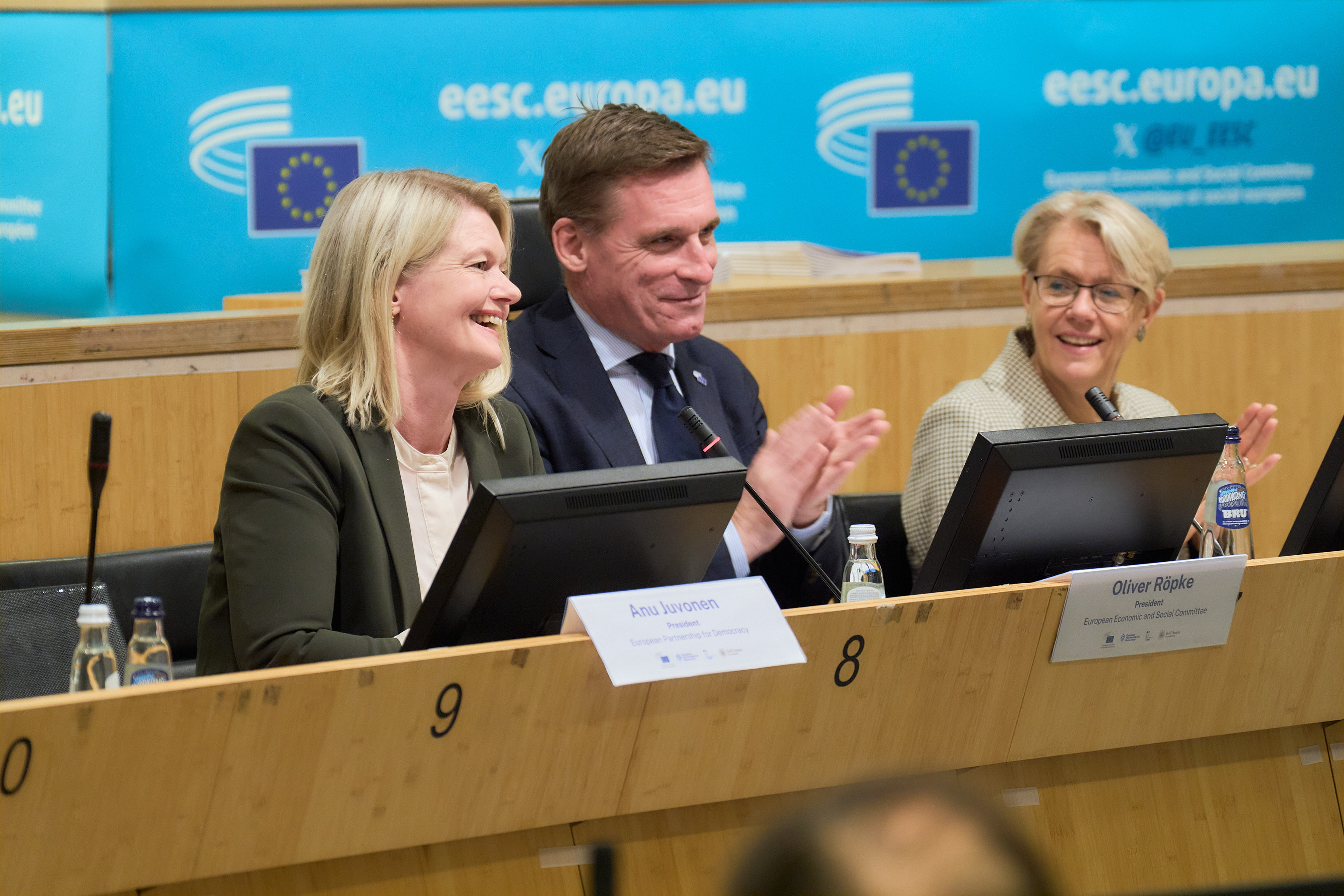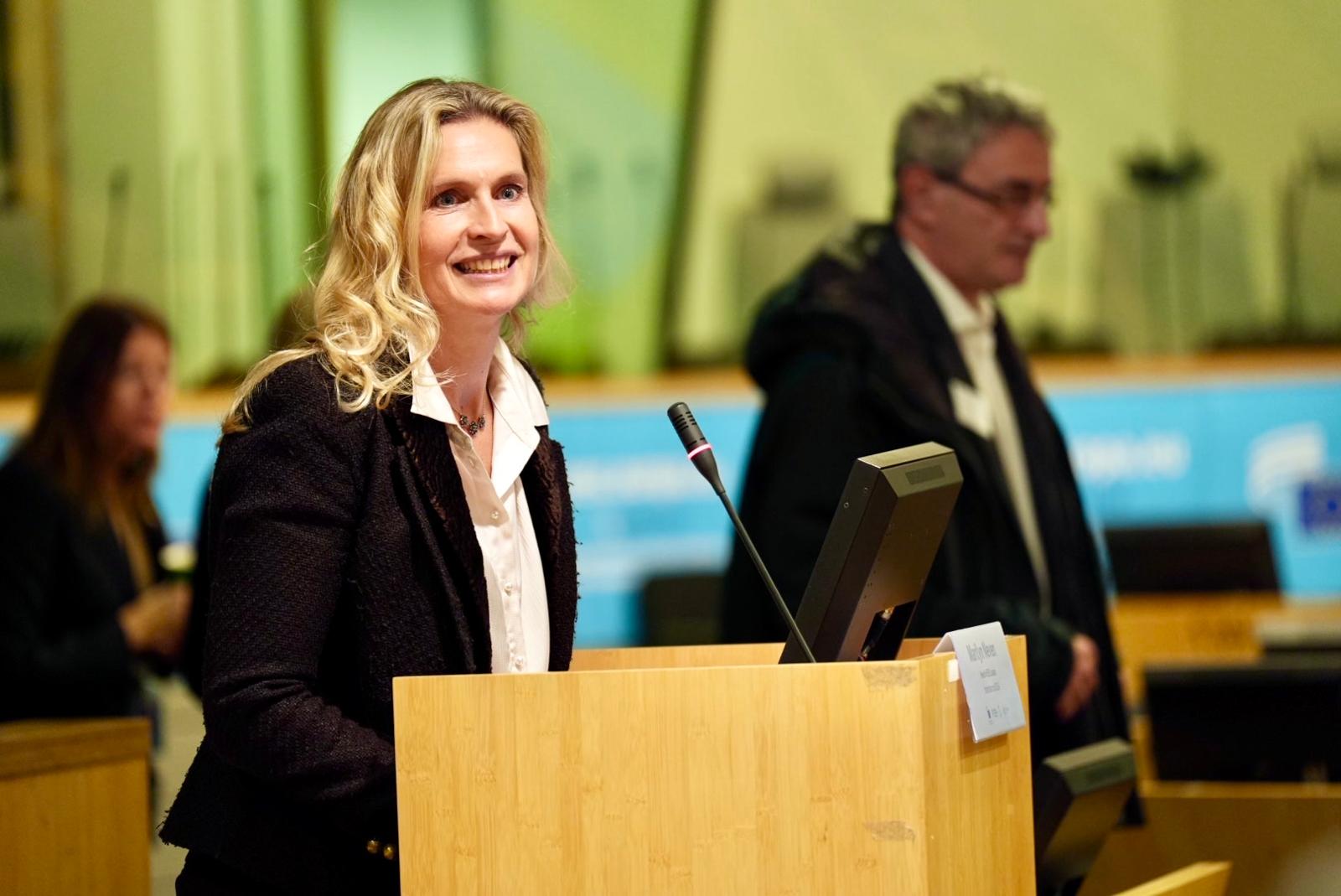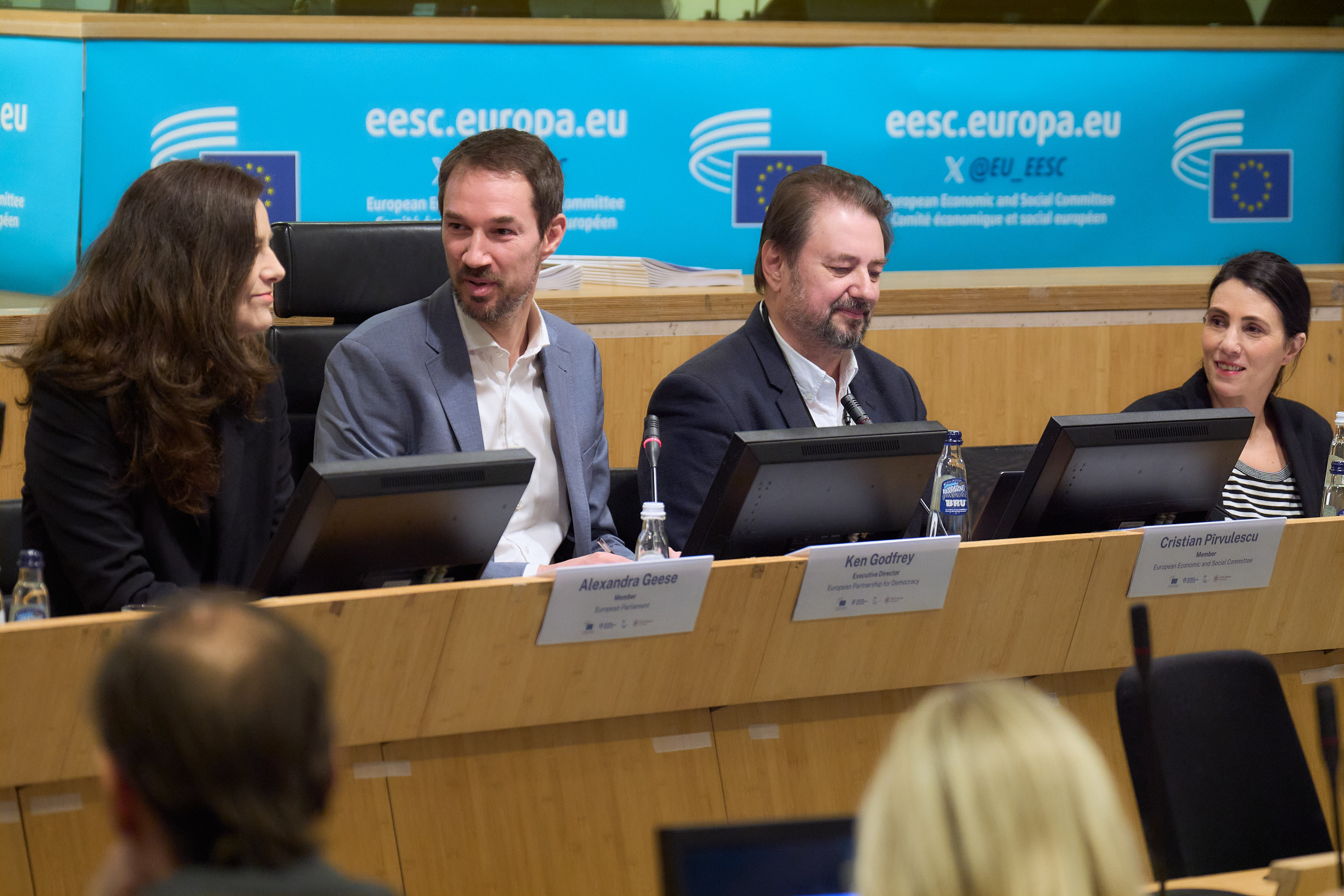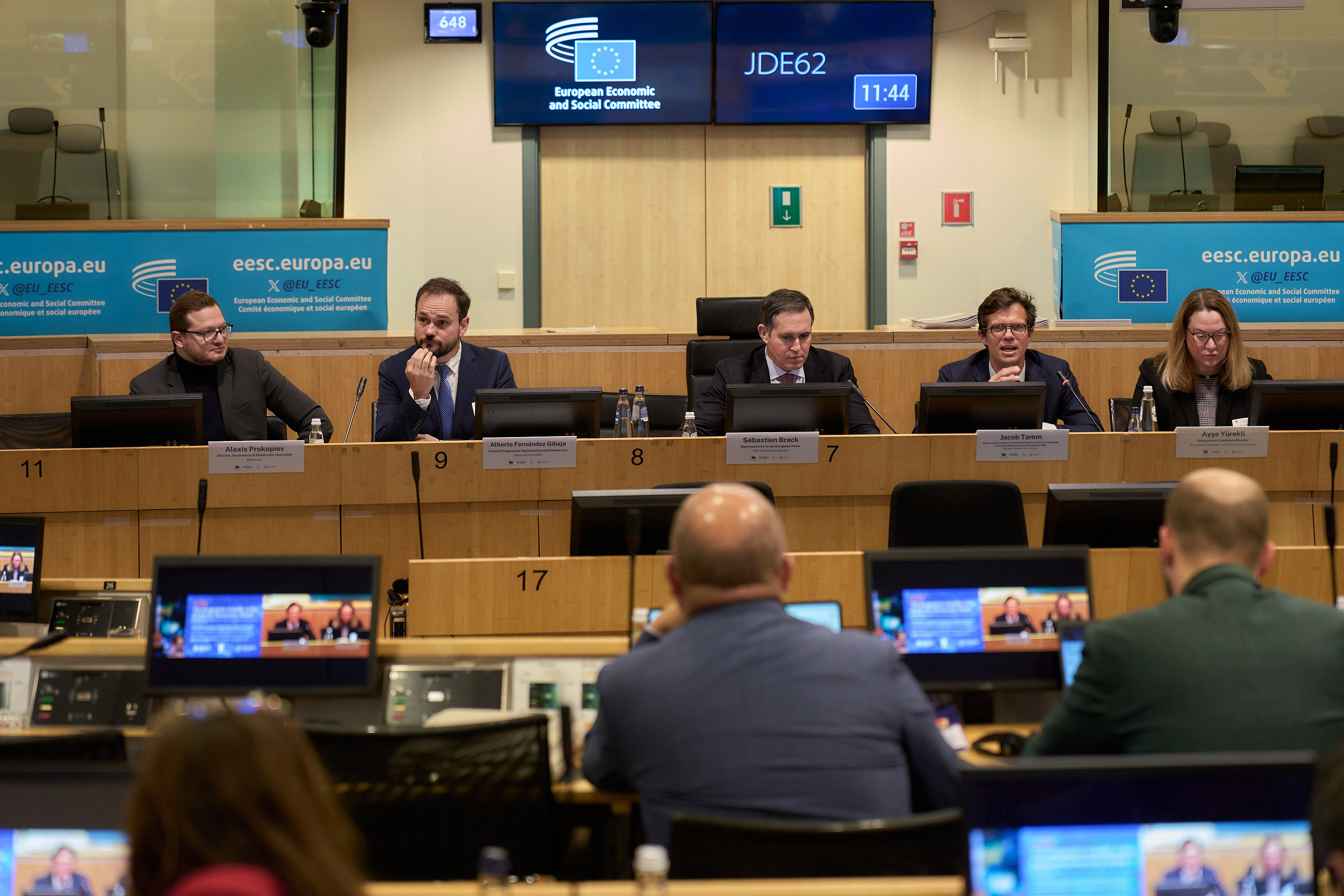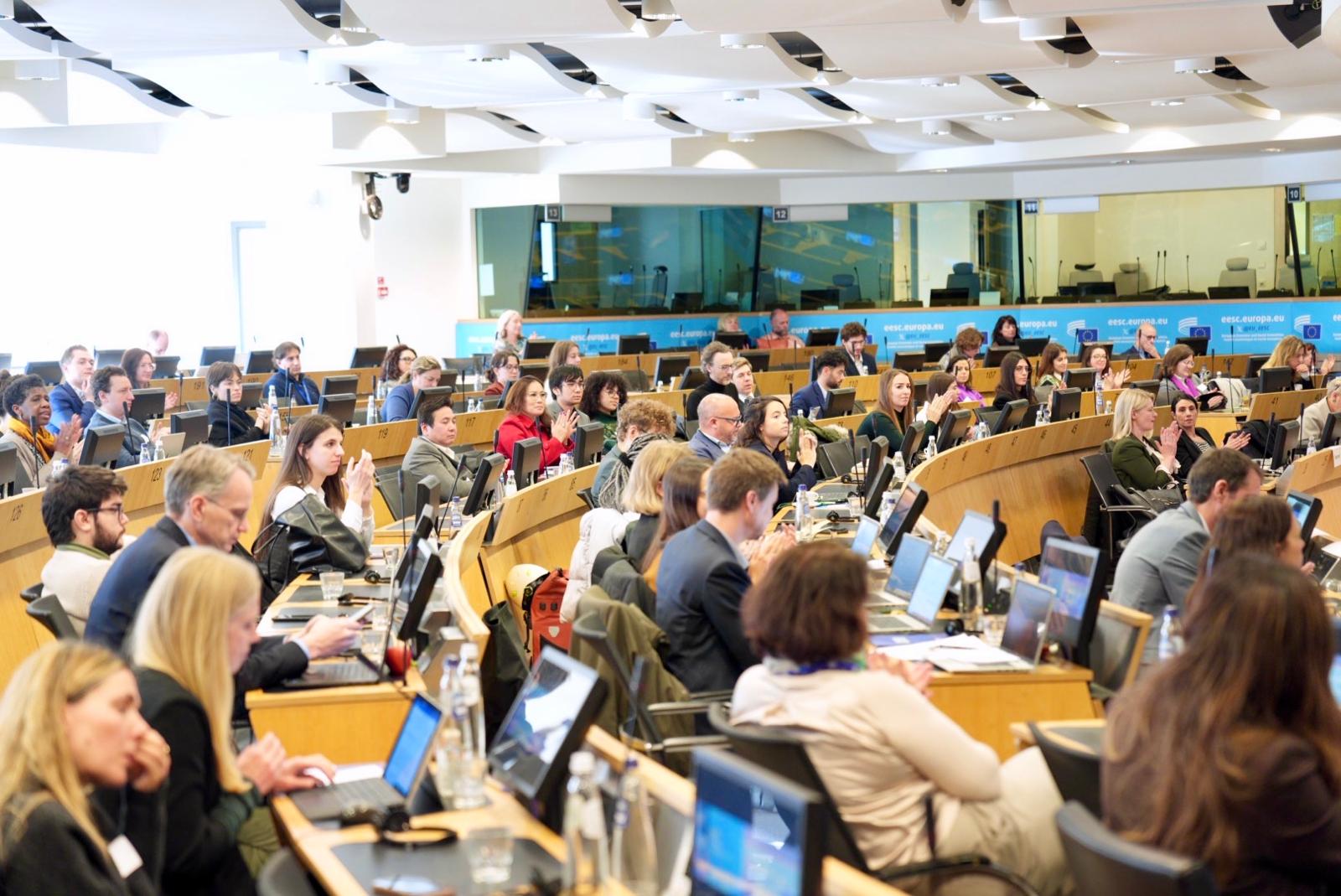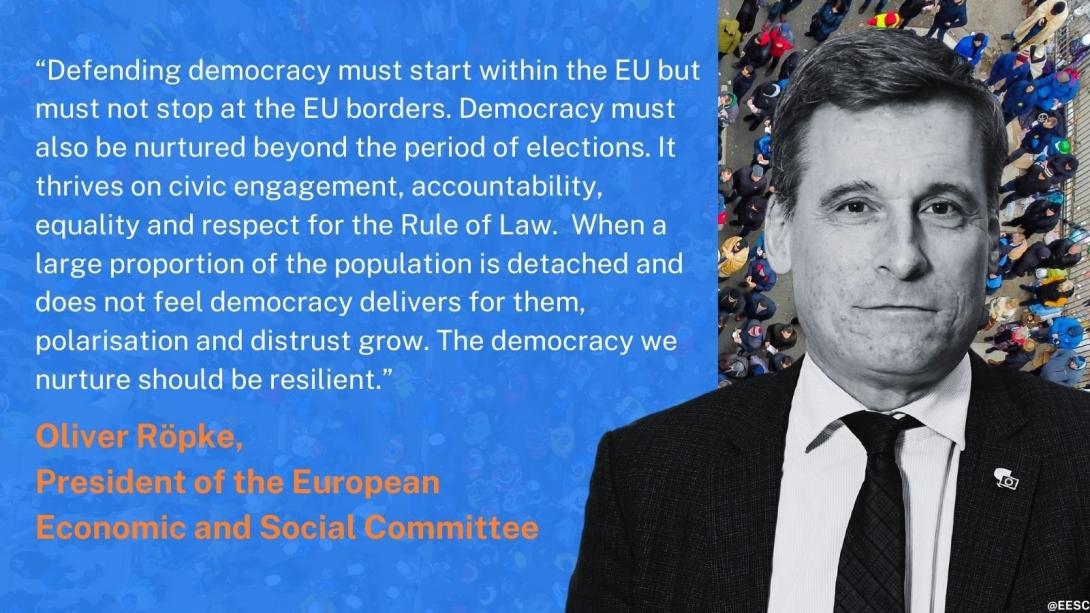
Policy Discussion “Forging the European Democracy Shield"

On December 6, 2024, the European Social and Economic Committee (EESC) hosted a Policy discussion titled “Forging the European Democracy Shield: Expanding Scope, Deepening Impact, and Maximising Political Leverage” in collaboration with International IDEA, the European Partnership for Democracy and the Kofi Annan Foundation. Nearly 100 participants attended the event, including civil society, member states, EU institutions, academia, and media.
The European Democracy Shield, as outlined in European Commission President Ursula von der Leyen’s political guidelines, aims to counter foreign information manipulation and interference online by enhancing media literacy, fact-checking, and enforcing the Digital Services Act and the AI Act. The policy discussion served as a multi-stakeholder platform to deliberate on the thematic and geographic scope of the European Democracy Shield, fostering collaboration and dialogue among all relevant parties.

Irena Moozová, Deputy Director-General at the Commission’s DG JUST, presented the plans for the European Democracy Shield as a new integrated framework. It will protect Europe from information manipulation and foreign interference, building on recent EU initiatives such as the Digital Services Act, Artificial Intelligence Act, Democracy Action Plan and Defence of Democracy Package. The Commission will ensure coherence among these initiatives. While political steering from the College of Commissioners is still underway, the Commission intends to further engage with a large variety of partners to develop the EDS in an informed way. The forthcoming Commission report on the European Parliament elections 2024 is expected to further inspire the design of the EDS. It will include an evaluation and recommendations to further finetune the available frameworks to defend democracy online.
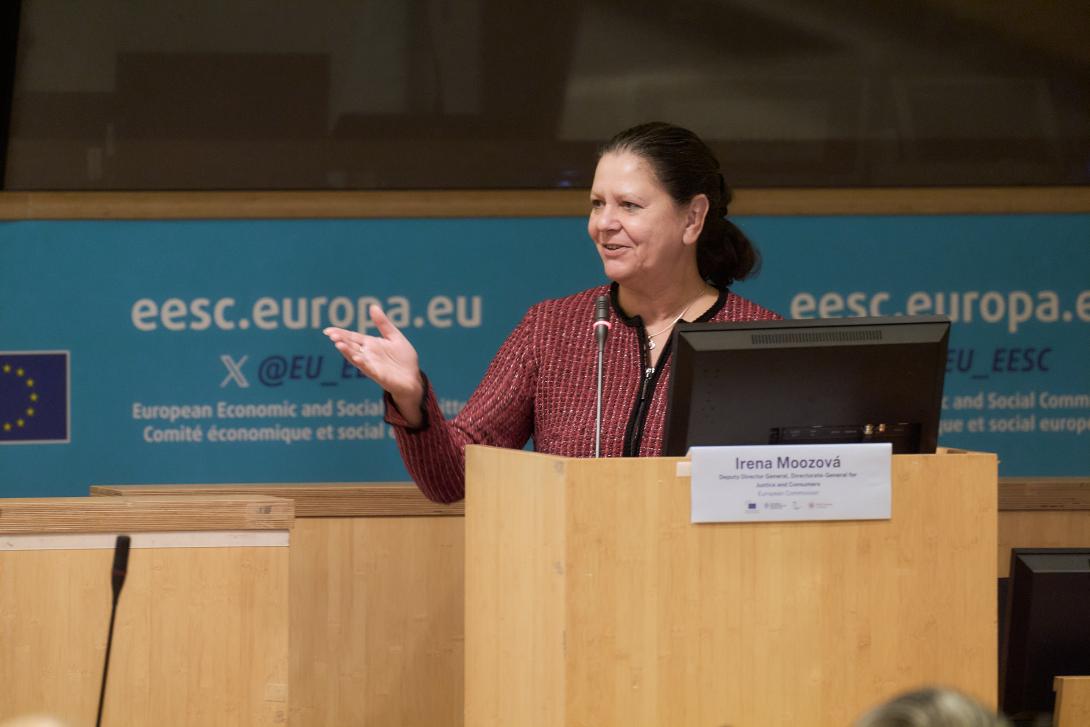
During the policy discussion speakers agreed that the EU should take a holistic approach to the EDS, which should cover foreign information manipulation and interference, as well as civic and institutional resilience. It should implement existing tools and step up action and coordination in the field of media literacy, fact-checking and support for independent journalism as essential components of the Shield. The initiative should revitalize democracy within the EU, addressing attacks on democratic institutions and processes, the rule of law and civil society.
The EDS should aim to protect and promote democracy both within the EU and beyond its borders. The geographic scope of defending democracy should include not only the EU 27 Member States but also the enlargement countries, as they face constant challenges and attacks on their democracy. The Commission could step up its support to defending the political systems of enlargement countries by fighting cyberattacks in election campaigns, combatting disinformation, banning foreign funding, and strengthening electoral observation. Democracy should be brought to the security agenda and placed at the heart of the EU defence strategy.
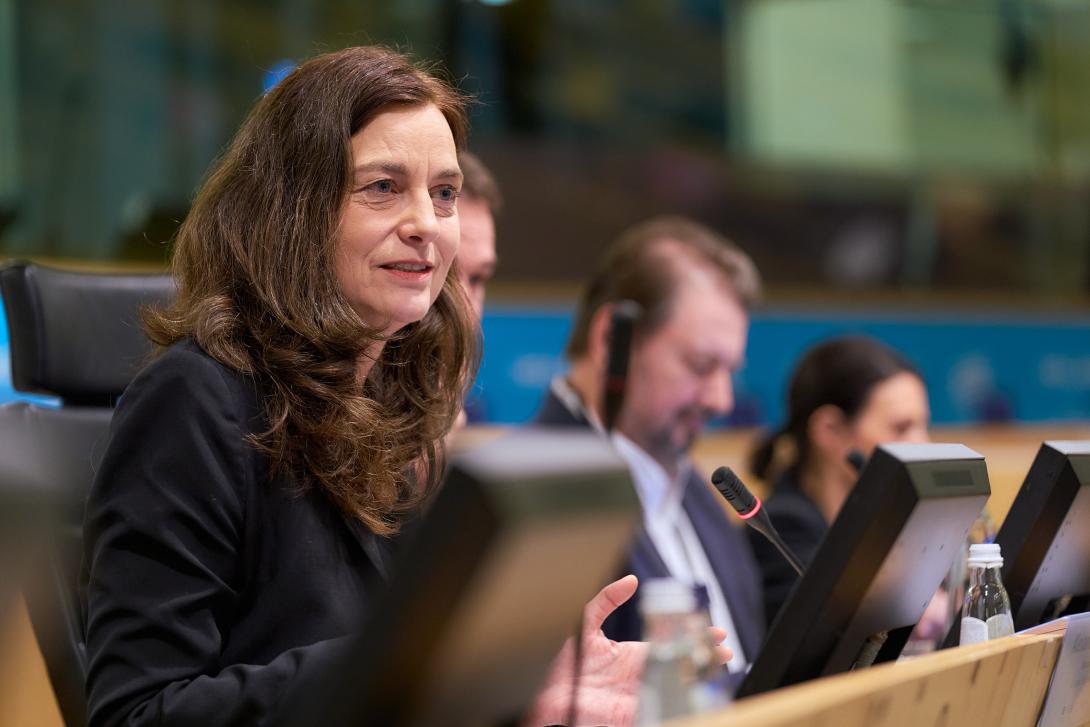
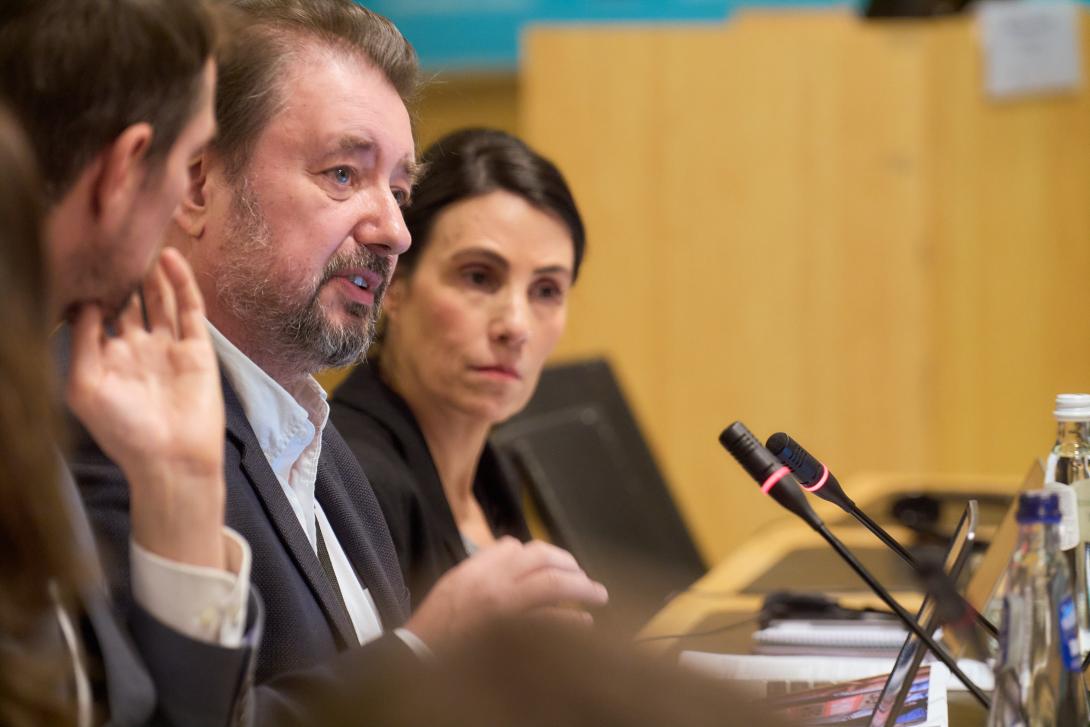
Further takeaways of the policy discussion included:
-
Building a comprehensive strategy to defend democracy, focusing on civic engagement, accountability, equality, and the rule of law, is essential both within and beyond the EU.
-
Shielding democracy should not be done too narrowly but must include reinforcing democratic institutions such as elections, parliaments, and courts. This reflects the Commission’s recommendation on electoral resilience, in its 2023 Defense of Democracy package.
-
Acknowledging that big tech companies play a significant role in amplifying information manipulation, the EU needs to better understand how much information manipulation is amplified, how the existing instruments can address the business model that makes algorithmic amplification of coordinated manipulation possible and consider further regulatory action to address profiling and algorithms.
-
The EU must put media literacy and support for independent journalism to combat disinformation at the center of the EDS. This includes reinforcing a strong and vibrant media landscape to support democracy and reviewing funding models to tackle the monopoly on advertising incomes by Meta and Google.
-
Promoting dialogues between political parties, citizens, and civil society is crucial to counter information manipulation and support democratic participation.
-
Operationalizing the EDS by enhancing the European Cooperation Network on Elections will improve resilience and coordination among EU member states and candidate countries. This includes a stronger secretariat that has the capacity to support ECNE members through international comparative research, and support more active peer exchange.
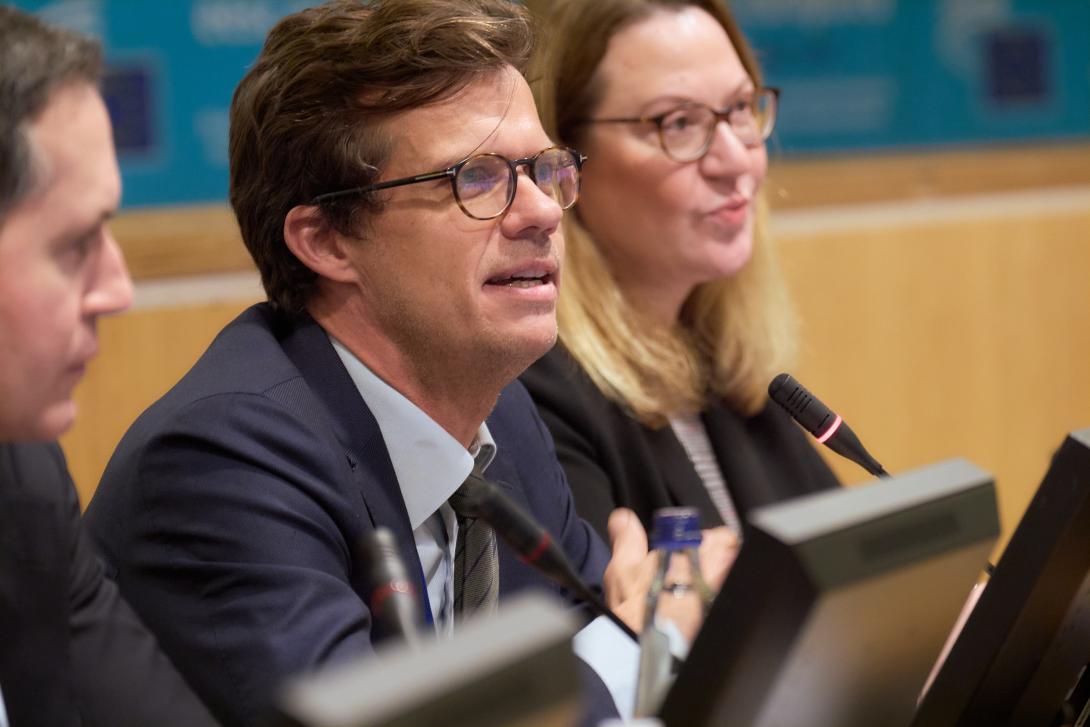
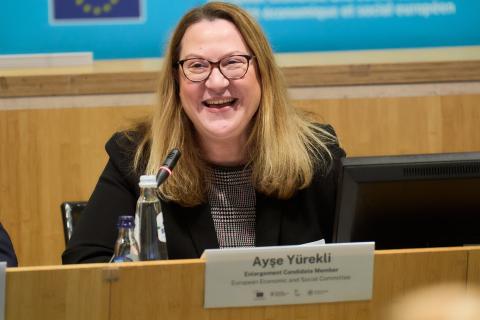
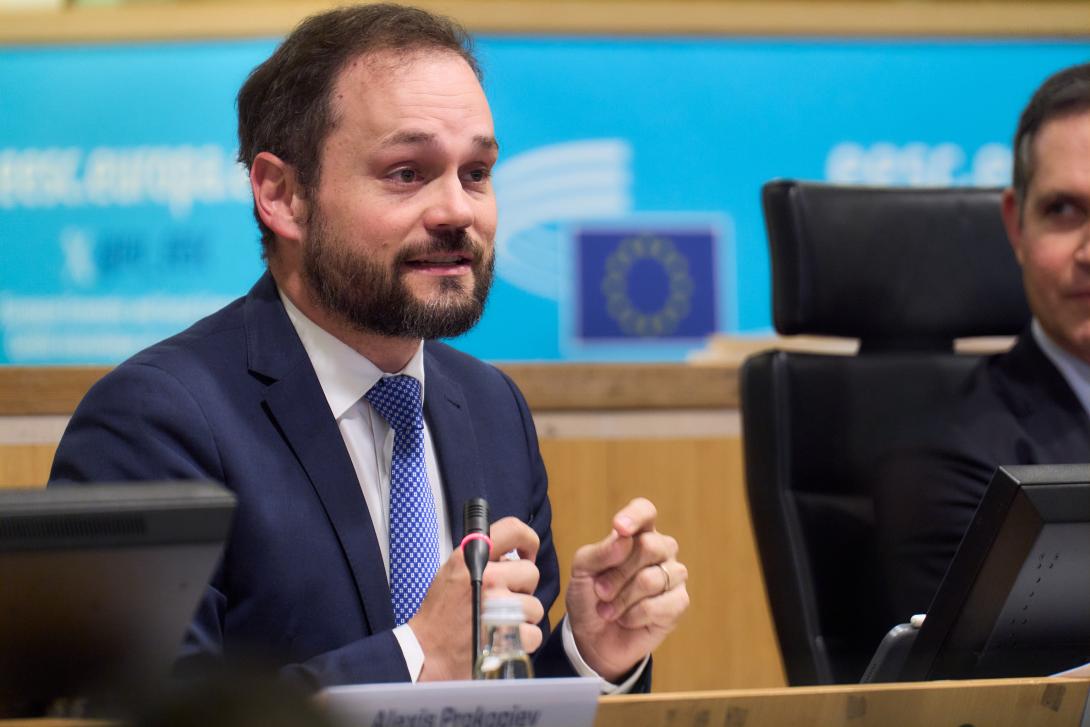
-
The EU must give the EDS a strong external dimension beyond EU borders, with a special focus on extending it to countries in the EU’s enlargement region.
-
The EU should use the EU accession processes to promote democracy in enlargement countries and their rapid approximation and implementation of the European Union’s digital acquis.
-
The EU must provide a comprehensive protection to candidate countries by enhancing support to fight cyberattacks, combatting information manipulation, updating political finance legislation to prevent foreign interference in elections through funding and strengthening electoral observation.
-
The EU could ensure geopolitical effectiveness by approaching the EDS globally in response to global strategies of autocratic forces.
-
The EU should create a clear and common understanding of the comprehensive nature of information manipulation and its global ecosystem, while advocating for a collective effort under Team Europe Democracy, leveraging EU delegations, and engaging with international partners and civil society to defend against these threats.
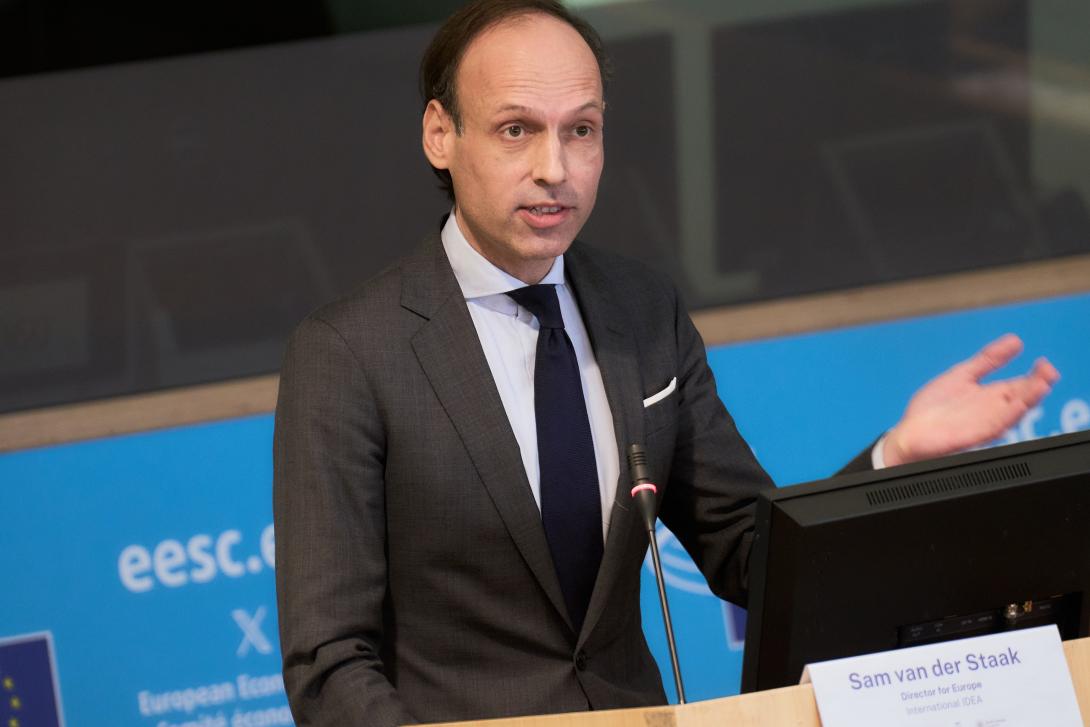
We would like to extend our heartfelt gratitude to the European Economic and Social Committee for hosting the event, to all the speakers for their contributions, and to our partners, the European Partnership for Democracy and the Kofi Annan Foundation for the excellent collaboration. With our cordial thanks also to Bruno Maes for the photo service.
The full programme of the conference can be accessed here.
The complete closing remarks by Sam van der Staak can be found here.
